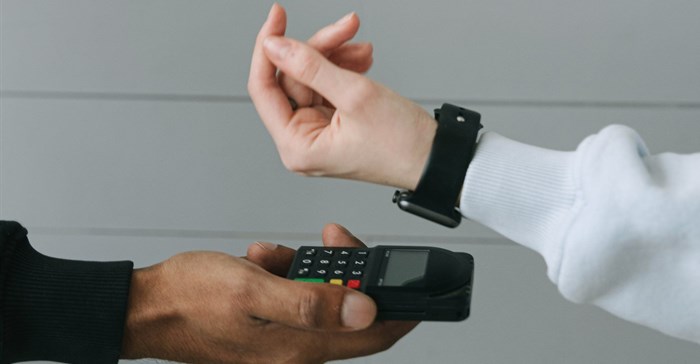A new study from Juniper Research has found that the global transaction value of the B2B payments market will exceed $111tn in 2027, from just over $88tn in 2022.
It predicts this growth of 26% will be driven by rising prices caused by rampant inflation, as well as by strong economic growth in developing markets.
The report identified the increased automation of accounts payable and receivable as being critical to the growing efficiency of payments processing; creating a significant opportunity for B2B payment vendors.
A B2B payment is any payment made between businesses for goods or services, regardless of whether it is domestic or international, or by means of different payment methods.
Automation critical to reducing massive inefficiencies
The research predicts that, with the average business making over 1,400 domestic payments per year globally in 2027, improving efficiency in payments processes will be critical.
It found that instant payments, and the additional remittance data that the ISO 20022 standard provides, will unlock greater opportunities to seamlessly organise and reconcile payments, by enabling automated reconciliation.
Research co-author, Nick Maynard explained further: “By leveraging new technologies within the accounts payable and receivable processes, businesses can unlock significant cost savings, which is critical during a time of economic uncertainty.”
New payment methods promising
Additionally, the research found that new payment methods, such as central bank digital currencies (CBDCs) hold significant promise in solving challenges within the B2B payments sector.
By being purely digital, CBDC payments will be able to be fully automated, being easily traced wherever the payment is. However, CBDCs must be designed with B2B payment use cases in mind, given that B2B payments are generally more complex than consumer payment processes.
As such, the report recommends that B2B payments vendors participate in trials and pilots to ensure these difficult use cases are considered from day one.































